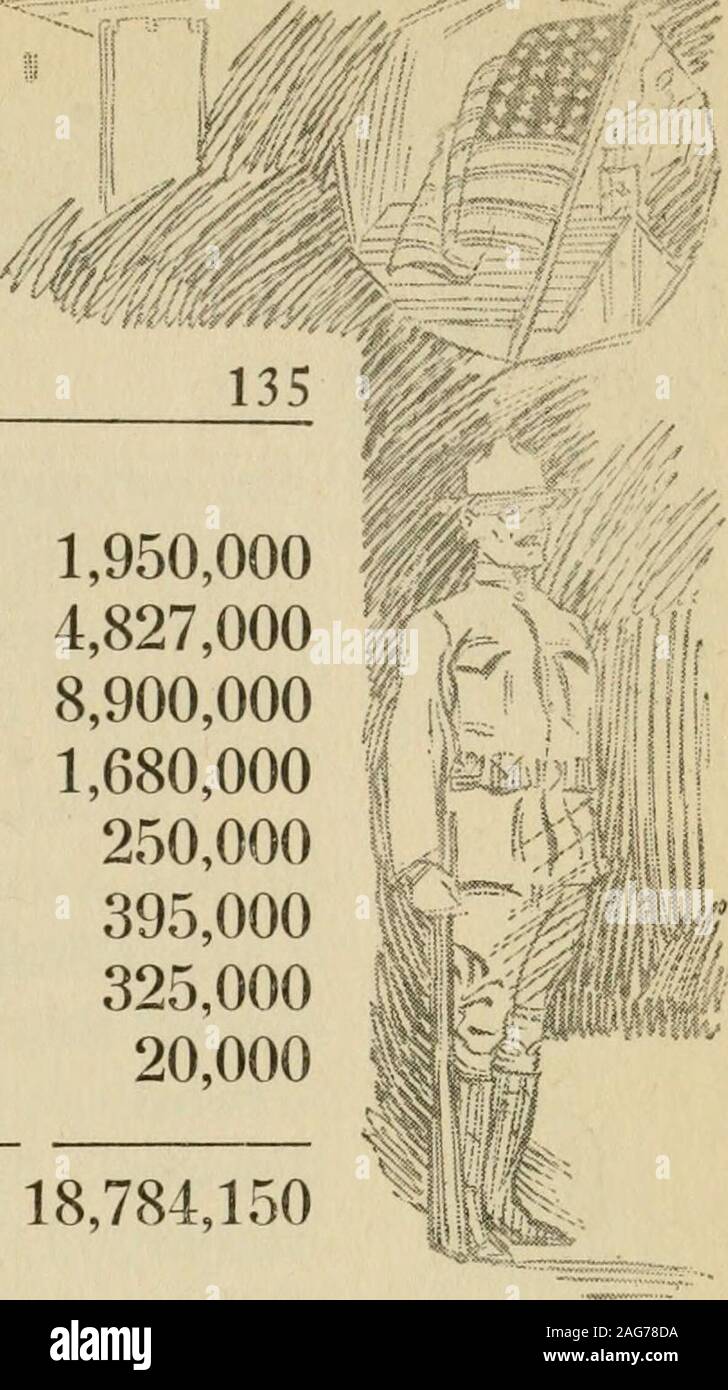
Prompted by the alarming surge in digital crimes, MHA initiated these actions in response to complaints from citizens nationwide, who have increasingly reported incidents where scammers use emotional and psychological pressure to extort information and money. A high-level committee has been established under the internal security secretary’s leadership, with support from the ministry’s 14C wing, tasked with overseeing digital security issues on a case-by-case basis.
This multi-faceted campaign follows Prime Minister Narendra Modi's call for increased vigilance against cyber fraud during a national address. Modi urged citizens to adopt a cautious approach, advising them to “stop, think, and act” before sharing personal details online. He highlighted that fraudsters often use psychological manipulation, inducing fear or urgency to create pressure on victims, leading them to divulge sensitive information.
To enhance public protection, the ministry's cyber unit has also started blocking International Mobile Equipment Identity (IMEI) numbers associated with compromised devices, disabling around 110,000 such devices to prevent further misuse. The crackdown, MHA officials say, represents a focused response to what has become a national security issue.
As part of the initiative, MHA is collaborating with state police departments, improving response times, and expanding resources to handle digital crime complaints more effectively. This cooperation has led to a more cohesive framework for identifying and neutralizing fraud schemes across state lines, ensuring that flagged devices and accounts are promptly acted upon.
The move has been widely acknowledged as a much-needed step in the face of escalating cyber crime statistics, with victims spanning both urban and rural demographics. As more individuals turn to digital banking and online services, the ministry has recognized the urgency of equipping the public with knowledge on cyber safety measures. Public awareness campaigns are reportedly planned to inform citizens about the modus operandi of these scams and the steps they can take to safeguard themselves.
With MHA’s focus intensifying on digital security, experts suggest that India could see the adoption of stricter regulations on mobile and banking services, particularly for high-risk transactions. Financial regulators are now more likely to push for enhanced verification protocols, strengthening defenses for consumers and reducing the likelihood of unauthorized access to personal financial data.
